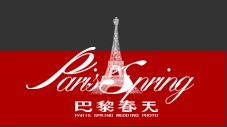Why Does China Court Order New Balance a High Amount Compensation of RMB 98 Million for Trademark Infringement?
(By Luo Yanjie) Recently, Guangzhou Intermediate People’s Court ordered New Balance Trading (China) Co., Ltd, an affiliate of US-based Sports footwear manufacturer New Balance, to compensate a Chinese shoes owner, Zhou Yuelun, with a rarely high amount of RMB 98 million for infringing his Chinese “新百伦” trademark, a Chinese transliteration from English word New Balance, in the first instance. Such high amount of compensation is unusual in China intellectual property infringement. It is for this reason that this case attracted extensive attention. Upon the public records, from the legal view, we will briefly introduce and analyze this case in today’s post.









